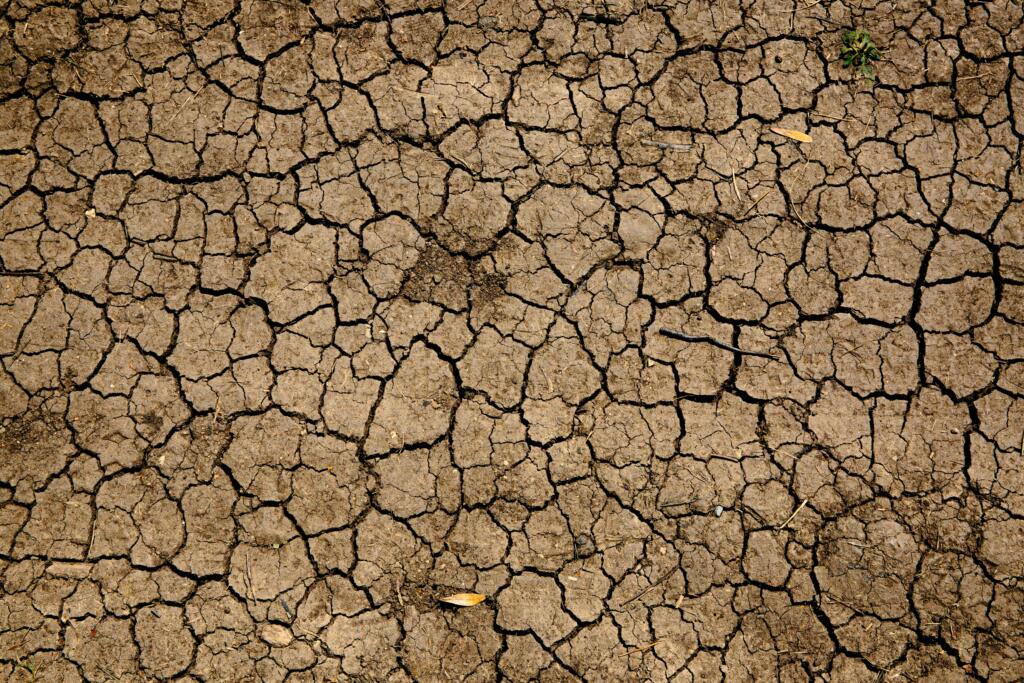

Would you like to boost your opportunities to connect and exchange with colleagues from all over Europe?
Getting real about climate journalism!
Climate change is a reality - also in Eastern Europe. Glaciers are melting, farmers are struggling. Old and marginalized people in particular suffer from the unbearable heat in summer. Yet many governments in Eastern Europe are doing little to prepare their countries for the challenges ahead. And the media is often finding it difficult to convey the consequences of climate change in real human stories.
How can I tell an exciting climate story?
How is climate change related to topics such as health and disinformation?
Where can I find reliable data about my country?
Which new formats can I use to reach a large audience?
Find out in a series of short workshops during the conference!
Join us on an excursion to several Georgian newsrooms - or learn what the city government of Tbilisi is doing to increase climate resilience!
Discuss the political situation Georgia and reflect on the intricacies in the mutual perception of Ukrainian and Belarusian journalists!
Ahead of COP29 in Azerbaijan, this half-day work shop is meant to give climate journalists a better idea of how to report on a UN climate change conference. Over the years, COPs have evolved from government negotiating platforms into huge climate fairs – a networking opportunity for more than 25,000 participants, with delegates from almost 200 countries, observers from business, NGOs and science, and thousands of accredited media representatives. Covering such an event is a challenging task, but the annual event presents a major opportunity for journalists worldwide to put renewed focus on the climate angle in their reporting. What are the key topics to watch this year in Baku? What makes good COP coverage? What are typical pitfalls to avoid? How can journalists collaborate? What counts beyond the reporting when visiting a COP?
Trainers:
Register and take a badge
Welcoming remarks from organisers (n-ost & Publika)
Interactive get to know each other
She has been at the OCJN since it began in January 2022. Since then, she and her colleagues have worked with around 600 journalists from more than 120 countries and territories, as well as hosting senior editors for climate leadership workshops. She was a co-author of the 2023 report from the EBU on climate strategy in newsrooms, and she regularly speaks to journalists and researchers about climate journalism.
Previously, she was an editor at Fortune magazine where she covered climate change and the energy transition. Before that, she worked for the Wall Street Journal, S&P Global Platts and Maclean’s. She is Canadian and lives in London.
The Black Sea, shared between 6 countries, is a central point in the Russian war against Ukraine as well as its victim. This nearly-closed sea has a fragile ecosystem that is vulnerable to climate change, but many protection and restoration projects have been suspended because of the war.
This workshop aims to help the participants learn about how to develop a cross-border story that would be interesting for audiences in diverse countries in the region and develop solutions-oriented media content instead of alarming reporting on climate and war.
This workshop aims to equip you with the tools to transform complex technical information into captivating and emotionally resonant climate stories. Don't miss this opportunity to learn how to connect with your audience on a deeper level through the power of storytelling.
During the workshop experts will share insights of their work, focusing on how to integrate local elements into the broader picture and effectively convey local stories within the climate framework in your stories. Additionally, you will discuss the stringent regulations of the EU, providing guidance on how these rules can enhance agricultural productivity.
Join us for an empowering workshop dedicated to equipping you with the tools and knowledge to effectively report on climate issues. This session will cover a range of essential topics, including where to find open and free climate information and data about your country, especially if national authorities withhold it.
You'll learn how to turn international datasets into local insights, uncover your government's climate commitments, and access information that debunks climate myths and fake news. We'll also guide you on fact-checking your climate stories, finding specific climate information, and visualizing your stories at no cost.
Discover unknown climate stories in your country, generate new story ideas, and enhance your expertise to write like a pro. Don't miss this opportunity to elevate your climate journalism skills and make a significant impact.
Eastern Europe and the Caucasus face unique socio-political obstacles to engagement in climate policy development. Meanwhile, the most important impact of climate change is the impact on people’s health. Media outlets have a crucial role in highlighting the health problems that could be prevented with climate action. In this workshop, you will have the opportunity to understand how our region and their climate communication work fits into the wider international context of planetary health advancements. You will be able to enrich their skills through a media analysis of recent articles that will be collaboratively explored together with the speaker, which will be supplemented by recommendations by reputable international organisations and media working in planetary health. |
This summer, green energy partly helped Ukrainians survive these blackouts. Solar power plants became a symbol of energy independence. Ukrainian society is debating how to restore the energy sector destroyed by the Russians. Should we rebuild old and unecological coal-fired thermal power plants? Or should we give preference to green energy? And the role of journalists in this discussion is extremely important in order to objectively assess all the arguments.
Using a specific journalistic story as an example, participants will understand how different the work of journalists in their country and Ukraine is (or is not). We will analyze the TV report “The course is unchanged: Ukraine will abandon coal”, which was aired on Channel 5 and sponsored by n-ost. English version.
Moderation: Anneke Hudalla, n-ost
Belarusian-Ukrainian project, which focuses on the consequences the full scale invasion had on the Belarusian-Ukrainian relations. Due to Russia’s aggressive policies and the actions of the authoritarian Belarusian regime, which made Belarus a co-aggressor, many Ukrainians began to perceive Belarusians as enemies. This project offers the opportunity to experts, opinion leaders, political scientists, economists from both countries to explore how to find a way out of such a crisis situation, how to help Ukrainians separate Belarusians from the regime in Minsk, demonstrate that the Belarusian people do not support Russian aggression, and simultaneously feel guilt and shame for causing pain to Ukrainians.
Join us for the discussion aimed at fostering common ground between Belarusians and Ukrainians. Recognizing that the future of a democratic Belarus is closely tied to Ukraine's victory in Russia's war in Ukraine, and now we must think about how we will build relations between our close peoples.
(drinks, food, networking)
Place to be announced
Organised by Mariam Devidze, Climate expert
Moderation: Lika Zakashivili, chief-editor, Publika (GE)
In this session, experts will present a unique multimedia project that united journalists and bloggers from Kazakhstan and Uzbekistan to create inspiring content about life and the environment in the Aral region. From online courses to expeditions, participants immersed themselves in environmental journalism to uncover stories that can shape the future. We will also explore how climate change impacts not only agriculture and public health but also contributes to gender-based violence, as highlighted by a 2023 survey conducted by the "Ecolog" Public Association in Uzbekistan. Additionally, we will discuss the effects of climate-related disasters on regional communities, using the aftermath of the Shovi disaster in Georgia as a case study.
Based on the in-depth analysis presented in the article "National Security Concerns Due to Skyscrapers Towering in Yerevan," we will explore how rapid urbanization and housing construction can pose significant challenges to a country's security infrastructure. Additionally, the discussion will expand to cover the speaker's activist work in Rustavi, Georgia, where effective communication strategies have played a vital role in mobilizing community efforts to address urban development issues. This session aims to highlight the importance of balancing growth with security and the powerful role that communication and activism play in shaping urban landscapes.
We will explore the emerging ethical challenges posed by the rapid advancements in AI within the field of journalism. The discussion will focus on the new legal and ethical considerations that arise as news organizations increasingly integrate AI into their production and distribution processes. We will also examine how AI systems use news content for learning and the implications this has for journalistic integrity.
Moderation: Anneke Hudalla, n-ost
Why is the climate crisis not a hot topic in most Eastern European media? Should journalists bring the topic to the fore - or would that mean misinterpreting the role of the media? What can we do to increase our audiences´ interest in questions of climate change? These and more questions will be at the core of our panel debate.
If you have any questions regarding the Conference, please, do not hesitate to contact Iryna Ponedelnik (Climate Project Manager) ponedelnik@n-ost.org.
Check out all the participating journalists listed here. This is what brings them together.
See all network members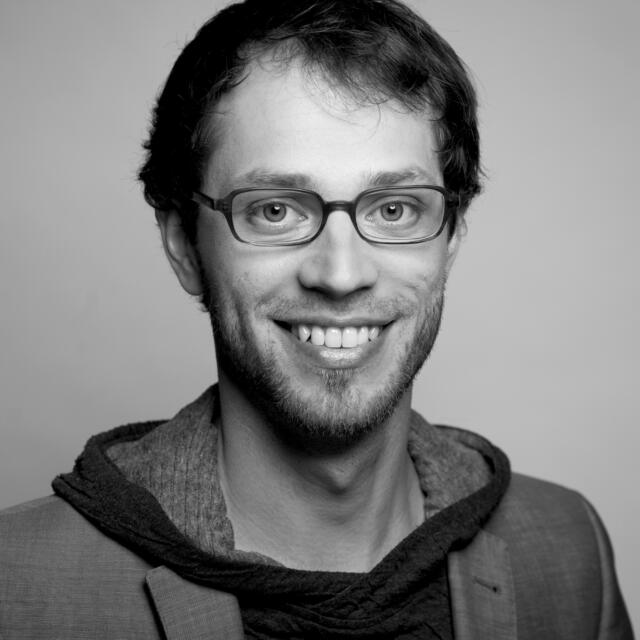
Correspondent, Clean Energy Wire
Berlin, Germany
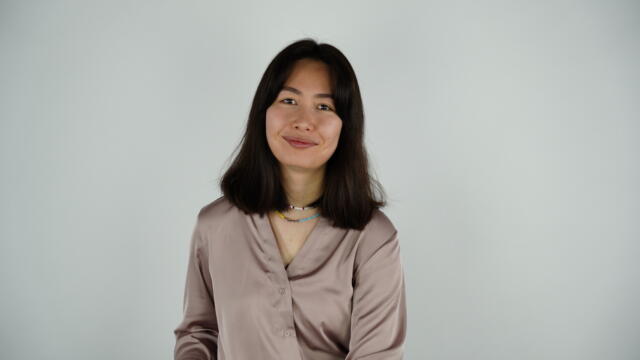
Project manager, MediaNet International Centre for Journalism
Almaty, Kazakhstan
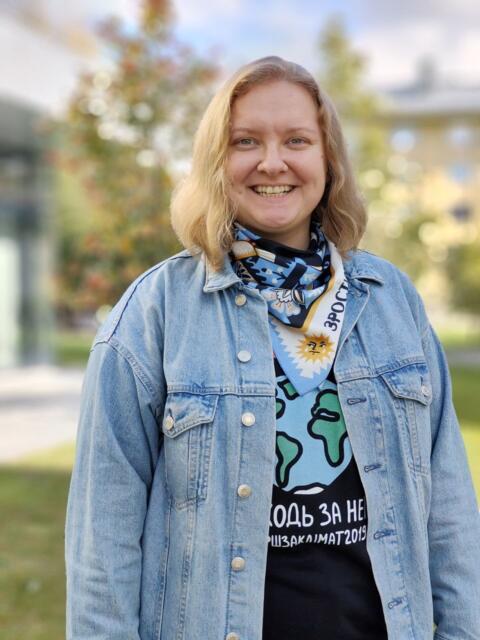
Network Coordinator, CAN EECCA
Kyiv, Ukraine
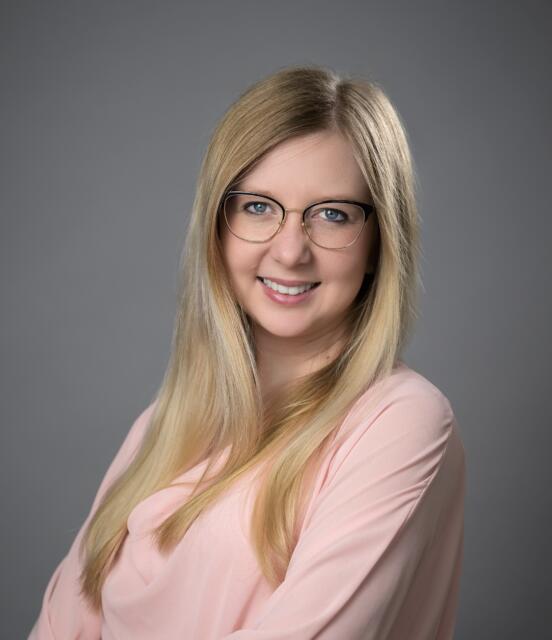
Editor-in-chief, Euractiv.cz
Prague, Czech Republic
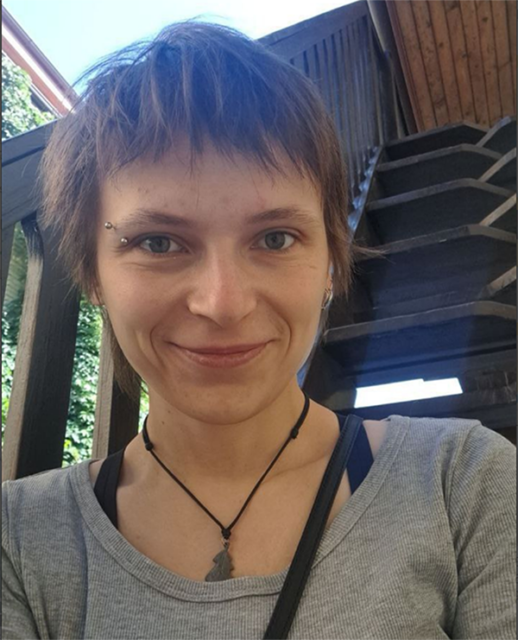
freelance journalist, project manager, Freelance
Vilnius, Lithuania

journalist, AgroPortal.ua
Ukraine
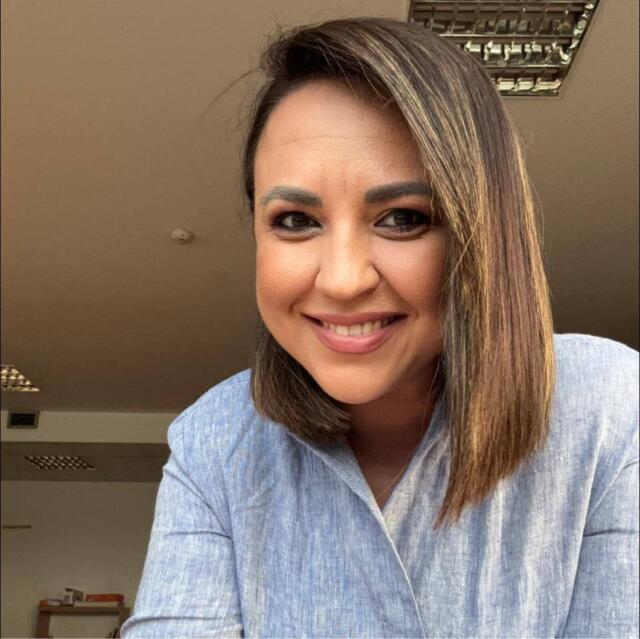
Journalist
Skopje, North Macedonia
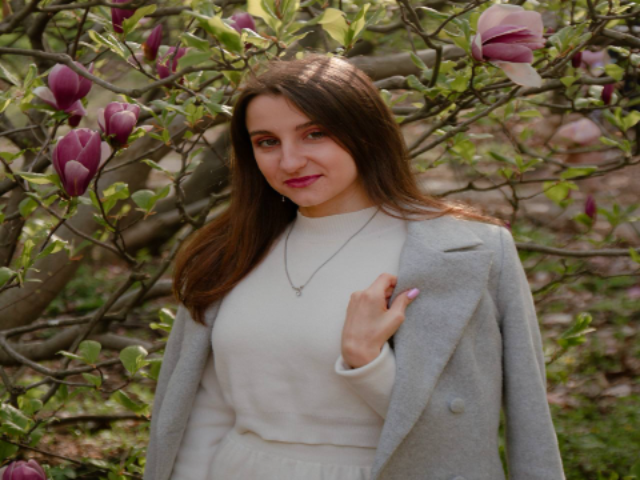
Junior analyst, VoxCheck (NGO VoxUkraine project)
Kyiv, Ukraine
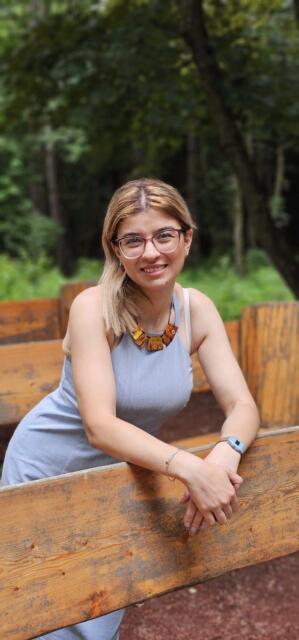
Journalist, Ecolur informational NGO
Yerevan, Armenia

Journalist, Investigate Europe
Berlin, Germany
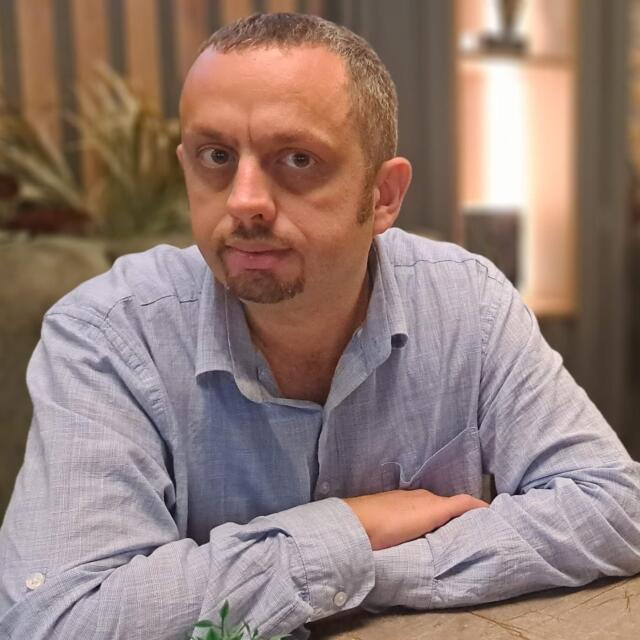
Correspondent, Osservatorio Balcani e Caucaso Transeuropa
Tetovo, North Macedonia
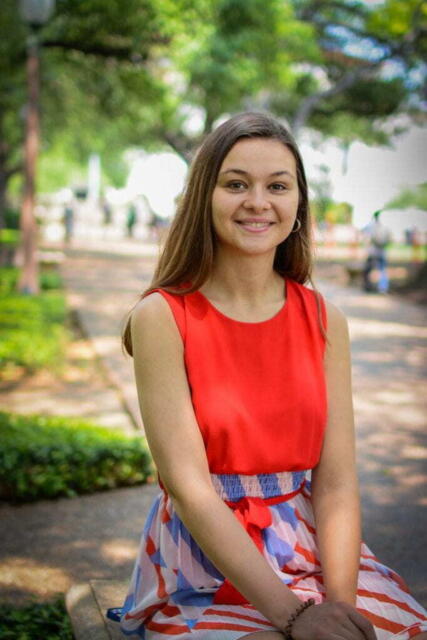
Kyiv, Ukraine
Investigative journalist, Daiva Repečkaitė
Lithuania

Journalist, NEXT.On.ge
Tbilisi, Georgia

Communications Manager, The Association Energy Efficient Cities of Ukraine (EECU)
Lviv, Ukraine
La Croix, Le Courrier d'Europe Centrale, RFI, Le Soir, M Le Monde, etc
Bucharest, Romania, Romania

Journalist, Editor
Belarus
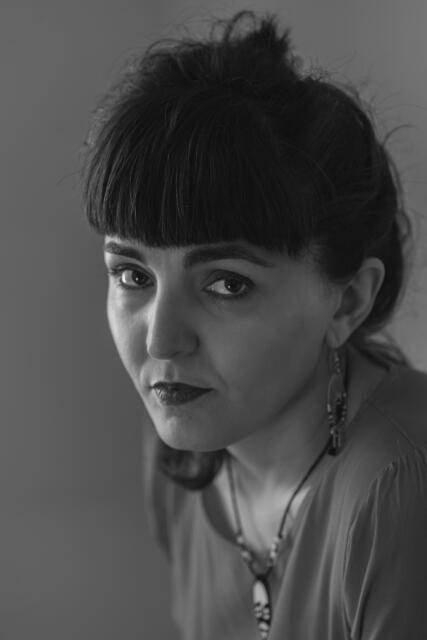
Founder and Journalist , Cactus Media
Tbilisi, Georgia

Freelance journalist
Armenia, Armenia
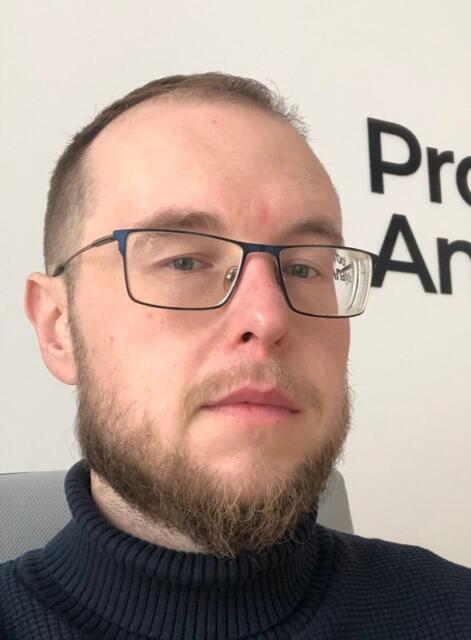
Journalist, Freelance
Ukraine
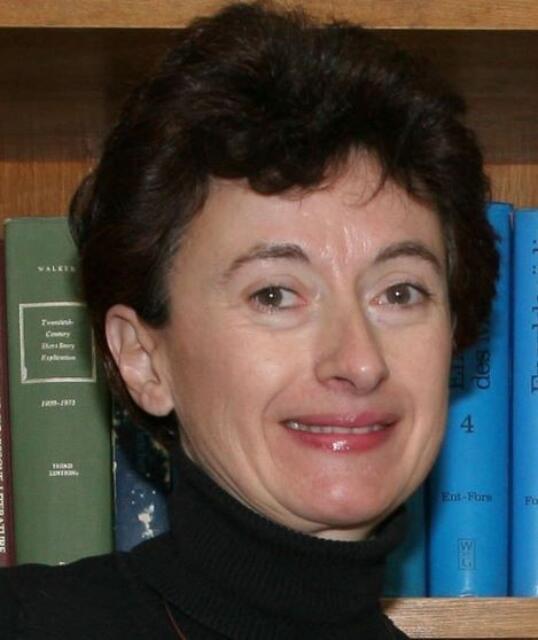
Freelance Journalist
Sofia, Bulgaria

Founder-editor, Ampop Media
Yerevan, Armenia

CEO, Belarus in Focus Information Office
Belarus

Tv host, journalist, Channel 5
Kyiv, Ukraine

Co-founder and Project Manager, Rozviy Youth Climate Initiative (Ukraine)
United Kingdom
Journalist, hetq
Yerevan, Armenia
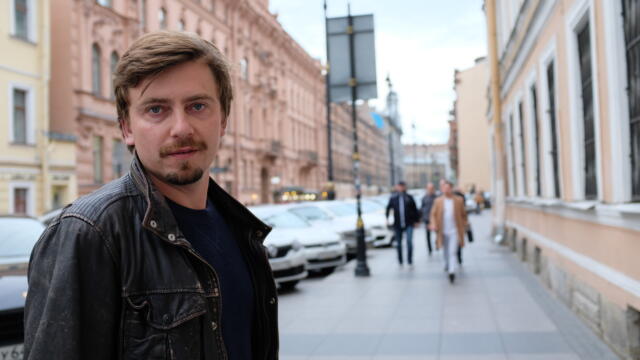
Author and Journalist, Freelance
Berlin, Germany